Introduction
EN 378 Refrigerating Systems And Heat Pumps is a set of standards that regulates the design, installation, and maintenance of refrigeration systems. It ensures the safety and efficiency of these systems, helping to prevent accidents, reduce energy consumption, and minimize environmental impact.
EN 378 Requirements
EN 378 defines various requirements that must be met to comply with the standards. These include:
- Refrigerant selection: EN 378 specifies the acceptable types of refrigerants that can be used in different types of systems. This helps to ensure that only environmentally friendly and safe refrigerants are used.
- System design: The standards outline the design criteria for refrigeration systems, such as the sizing of components, pressure limits, and safety measures. These requirements help to ensure that the system operates safely and efficiently.
- Installation and maintenance: EN 378 provides guidelines for the proper installation and maintenance of refrigeration systems. This includes requirements for leak detection, pressure testing, and regular inspections.
EN 378 Refrigerating Systems And Heat Pumps Benefits
Complying with EN 378 offers several benefits for businesses and the environment. Some of the key benefits include:
- Safety: By following the requirements of EN 378, the risk of accidents, such as refrigerant leaks or system failures, is significantly reduced. This helps to protect both workers and the general public.
- Energy efficiency: EN 378 promotes the use of energy-efficient refrigeration systems. By optimizing the design and operation of these systems, businesses can reduce their energy consumption and lower their operating costs.
- Environmental protection: The standards in EN 378 restrict the use of harmful refrigerants that contribute to ozone depletion and climate change. By using environmentally friendly refrigerants, businesses can minimize their impact on the environment.
EN 378 FAQ
Here are some frequently asked questions about EN 378:
- Who needs to comply with EN 378?
Any business or organization that designs, installs, or maintains refrigeration systems should comply with EN 378. This includes industries such as food storage and processing, pharmaceuticals, and cold chain logistics. - What are the consequences of non-compliance?
Non-compliance with EN 378 can lead to legal consequences, fines, and reputational damage. It can also result in unsafe and inefficient refrigeration systems, which can pose a risk to people and the environment. - Are there any exemptions to EN 378?
In certain cases, small-scale refrigeration systems with low refrigerant charge may be exempt from some of the requirements in EN 378. However, it is important to consult the standards and local regulations to determine if any exemptions apply.
Complying with EN 378 is crucial for businesses that rely on refrigeration systems. Not only does it ensure the safety and efficiency of these systems, but it also helps to protect the environment. By understanding the requirements, benefits, and frequently asked questions about EN 378, businesses can make informed decisions and take the necessary steps to comply with the standards.
Also Read:
Contact us for more info :- Pacificcert.com, Pacificcert.com


